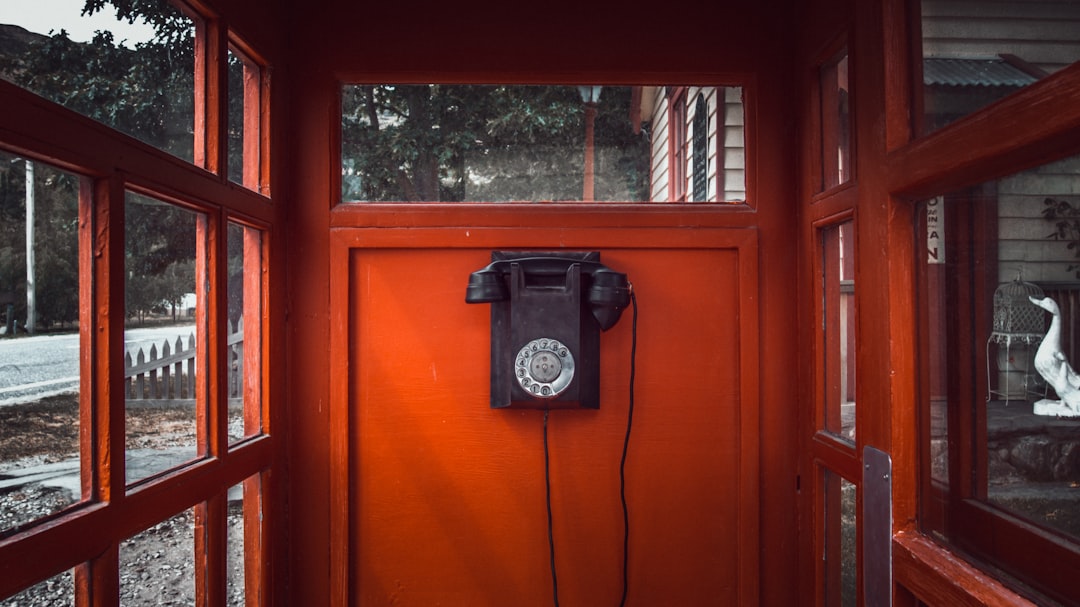Navigating and reducing spam calls in Houston, similar to Austin, Texas, involves a multi-step approach. Residents should first identify and document these calls, reporting them using apps or online forms provided by service providers or local governments. Key actions include registering on the National Do Not Call Registry, blocking numbers via FTC tools, and joining community groups for shared strategies. By combining individual efforts and community involvement, Houston can create a quieter environment, effectively addressing 'How to Stop Spam Calls Houston'.
As a resident of vibrant Austin, you deserve peace of mind when it comes to unwanted communications, especially relentless robocalls. This guide outlines best practices for tackling this modern-day nuisance. Learn how to identify and document spam calls effectively, understand your rights under Austin’s anti-robocall laws, and report these intrusions promptly to the authorities. Additionally, discover community action steps and resources to empower you in the fight against robocalls, ensuring a quieter, more respectful communication landscape.
Understanding Robocalls and Spam Laws in Austin

In the bustling metropolis of Austin, understanding and navigating robocalls and unwanted communications is crucial for residents seeking a quieter, more peaceful life. Texas, including Austin, has specific laws in place to curb spam calls and protect consumers from intrusive marketing practices. These laws are designed to give residents control over their communication preferences and to prevent harassing phone calls from automated systems or telemarketers.
Knowing how to report these unwanted communications is essential, especially when dealing with robocalls that often come from out-of-state or international numbers. Austin residents can take action by familiarizing themselves with the Do Not Call Registry and utilizing tools provided by local authorities to block and report spam calls. By staying informed and taking proactive measures, folks in Houston can help reduce the noise and create a more harmonious environment, free from relentless robocalls.
Identifying and Documenting Unwanted Communications

Unwanted communications, including robocalls and spam texts, can be a nuisance, but understanding how to identify and document them is the first step in stopping them. Residents of Austin should note the time, date, and content of each incident. Save any voicemails or text messages for reference. Additionally, take down the phone number from which the communication originated. This information will be invaluable when reporting these calls to your local telecom provider or to relevant authorities.
By keeping a log of these incidents, you can recognize patterns and recurring offenders. This detailed documentation also aids in providing concrete evidence when disputing call records with service providers, who often rely on user-reported data to identify and block spam sources, particularly when it comes to how to stop spam calls Houston residents may be experiencing.
Reporting Robocalls Effectively to Authorities

When faced with relentless robocalls or other unwanted communications, effective reporting to authorities is a crucial step in how to stop spam calls. In Texas, including the Greater City of Austin, you have several options for reporting these nuisance calls. Start by identifying the type of call; is it a prerecorded message or a live caller? Note the number and any unique patterns. Most areas now allow reporting directly through apps provided by communication service providers or via online forms on local government websites.
Provide as much detail as possible when filing a report, including the date, time, and frequency of the calls. If you have recorded the call, consider sharing the recording with the relevant authorities as evidence. Remember that your actions can help not only yourself but also other Austin residents by contributing to a collective effort to combat spam calling. Always stay vigilant and keep your contact information secure to minimize future occurrences.
Additional Resources and Community Action Steps

For residents looking to combat unwanted calls, several resources offer guidance and support. The Federal Trade Commission (FTC) provides an online tool for blocking spam calls, offering a simple solution to silence persistent robocallers. Additionally, the National Do Not Call Registry allows individuals to register their phone numbers, reducing inbound calls from telemarketers.
Community action is also vital; sharing information and experiences with neighbors can create a unified front against unwanted communications. Local forums and neighborhood watch groups can facilitate discussions on effective strategies, ensuring that residents stay informed and empowered in the fight against spam calls. Remember, by taking collective action, Houston residents can make significant strides in creating a quieter, more peaceful environment for all.






